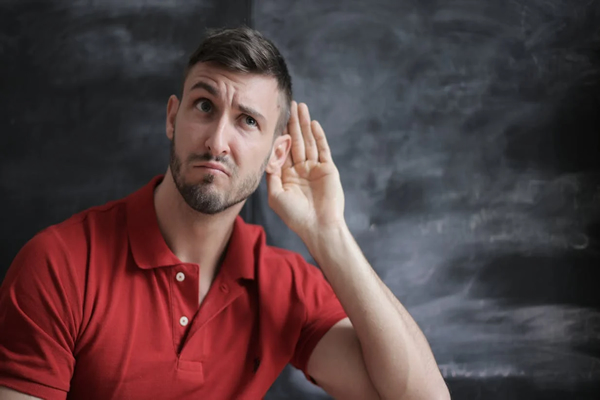How Does Ear Ache Occur?
2024 December 18
Earaches are a common ailment, affecting both children and adults. While most earaches are not serious, they can cause significant discomfort. Understanding the causes, symptoms, and treatments for earaches can help alleviate the pain and prevent further complications.

Common Causes of Earaches
Earaches can arise from several different sources. Some of the most common causes include:
- Ear Infections: Infections of the outer, middle, or inner ear are the leading cause of ear pain. They can occur due to bacteria, viruses, or even fungi. A middle ear infection (otitis media) is common in children and is often linked to a cold or respiratory infection.
- Earwax Blockage: A buildup of wax can cause discomfort, affecting hearing and causing a sensation of fullness in the ear.
- Changes in Air Pressure: Rapid changes in pressure, such as during flying or scuba diving, can lead to pain, known as “ear barotrauma.”
- Sinus Infections: Congestion from sinusitis can lead to ear pain due to pressure build-up in the sinuses.
- Teeth or Jaw Problems: Issues with teeth, such as tooth infections or jaw problems like temporomandibular joint (TMJ) dysfunction, can radiate pain to the ear.
- Foreign Objects in the Ear: Inserting objects like cotton swabs or tiny toys into the ear can cause injury, resulting in pain.
Symptoms of Earaches
The symptoms associated with an earache can vary based on the underlying cause. Some of the most common signs include:
- Sharp or dull pain: Pain that might be constant or come in waves.
- Difficulty hearing: A muffled or blocked sensation in the ear.
- Drainage from the ear: Yellow or bloody fluid may drain if the ear infection causes a perforated eardrum.
- Fever: A sign that the body is fighting an infection, particularly with ear infections.
- Dizziness or balance problems: Sometimes, ear infections or problems with the inner ear can cause vertigo or a sense of unsteadiness.
When to Seek Medical Attention
Most earaches can be treated at home with over-the-counter pain relievers and warm compresses. However, some cases require medical attention. You should see a doctor if:
- The earache lasts for more than a couple of days.
- There is fluid or blood leaking from the ear.
- You experience significant hearing loss or dizziness.
- The pain is severe or accompanied by fever.
For children, especially those under two years old, it’s important to seek medical help if they experience ear pain, as they may not be able to communicate the severity of the issue.
Treating Earaches
The treatment for an earache depends on the underlying cause. Common treatments include:
- Pain Relief: Over-the-counter medications like acetaminophen or ibuprofen can help alleviate pain and reduce inflammation.
- Warm Compress: Applying a warm cloth to the affected ear can help relieve discomfort.
- Antibiotics: If the earache is caused by a bacterial infection, your doctor may prescribe antibiotics. However, many ear infections are viral and do not require antibiotics.
- Ear Drops: Over-the-counter ear drops can help alleviate pain due to earwax buildup.
- Decongestants: For earaches caused by sinus infections or congestion, nasal decongestants or saline sprays may help clear the blockage.
Prevention
While some causes of earaches are unavoidable, there are steps you can take to reduce your risk:
- Avoid inserting objects into the ear.
- Keep ears dry: Use earplugs or a shower cap while swimming.
- Treat allergies and colds promptly: Managing respiratory issues can help prevent middle ear infections.
- Protect ears from loud sounds: Prolonged exposure to loud noises can damage the eardrum and lead to ear pain.
Conclusion

Earaches are a common and often treatable condition, but understanding their cause is key to choosing the right treatment. If you experience persistent pain, especially if accompanied by other concerning symptoms, consult a healthcare provider for proper diagnosis and treatment. Proper ear care and preventive measures can reduce the risk of frequent earaches, helping you maintain your ear health in the longer-term.
